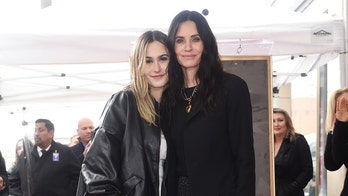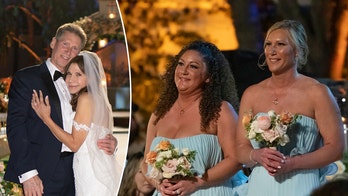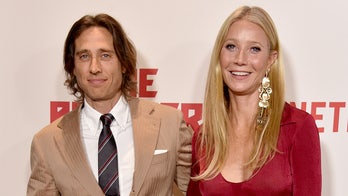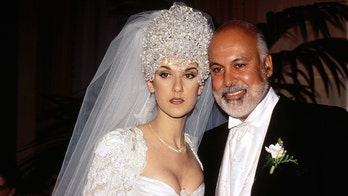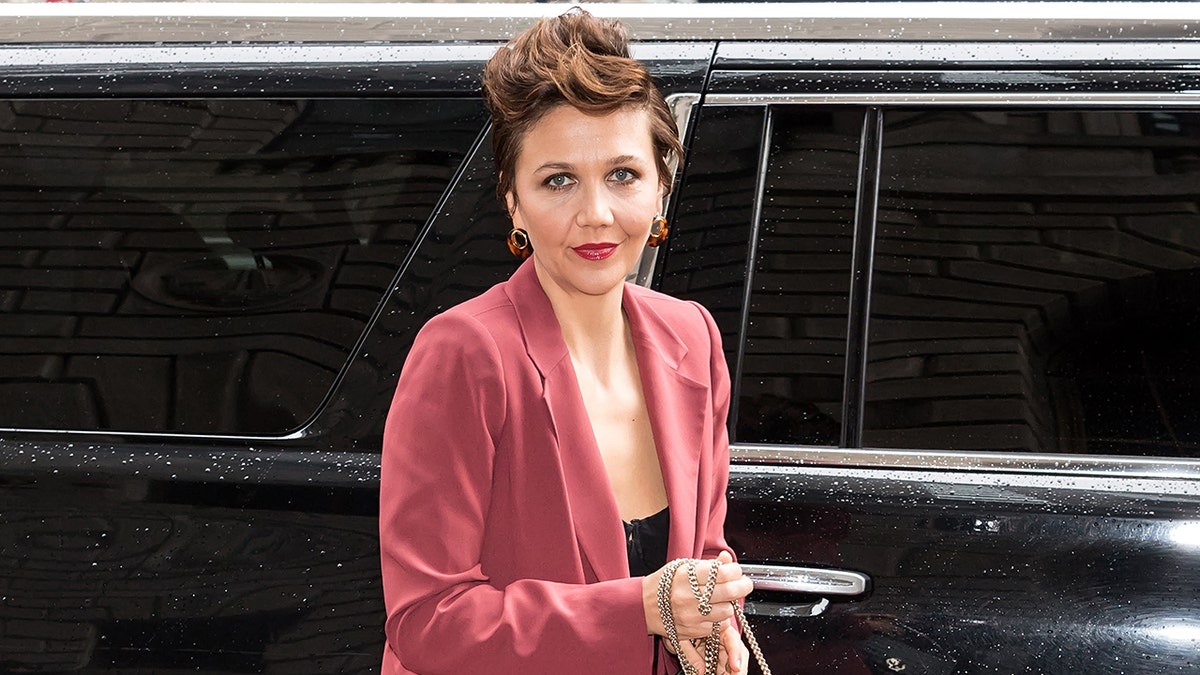
Actress Maggie Gyllenhaal fired back at a writer who commented on her high-pitched 'cartoonish' voice. (Getty Images)
Maggie Gyllenhaal was not pleased with a writer’s characterization of her voice in the opening of a recent interview she did with him.
The 41-year-old star took to Twitter on Thursday to scold a writer for his comments about her voice and how its high, “cartoonish” quality can make it difficult to listen to her discuss serious topics.
“To writer @PatrickHJSmith Of course you’re free to think anything you like about the “silliness” of my voice and my face. But when you open your piece in @independent commenting on that, it serves to undermine everything we spoke about,” the “The Duce” star wrote.
The Independent article in question opens with writer Patrick Smith discussing the “flaw in our culture” that makes people think serious topics need to be discussed in certain literal tones.
“Talking to Maggie Gyllenhaal can be a little disorienting. She has a high-pitched, cartoonish voice, which she uses to express deep things. One critic memorably said that she possessed a ‘Kewpie-doll silliness,’ but maybe it’s a flaw in our culture that we expect serious thoughts to be couched in sonorous tones,” he writes.
The writer was quick to respond to Gyllenhaal’s criticism of his work on Twitter.
MAGGIE GYLLENHAAL REGRETS SEPT. 11 COMMENT
“I apologise if that’s how it came across. The quote you’re referring to was from another writer. I wanted to highlight it as an eg of the way you've been underestimated for superficial, gendered reasons,” He wrote. “I think you and your work are brilliant, which I tried to make apparent.”
In the article, the star talks about the difficult road women have to find feminine roles in Hollywood noting that “we live in a masculine world.”
CLICK HERE TO GET THE FOX NEWS APP
“It’s not impossible, and it certainly happens,” she said of femininity in art, “but I think just because something is written by a woman, or directed by a woman, that doesn’t necessarily make it feminine – because the context that we’re in is fundamentally masculine.”
